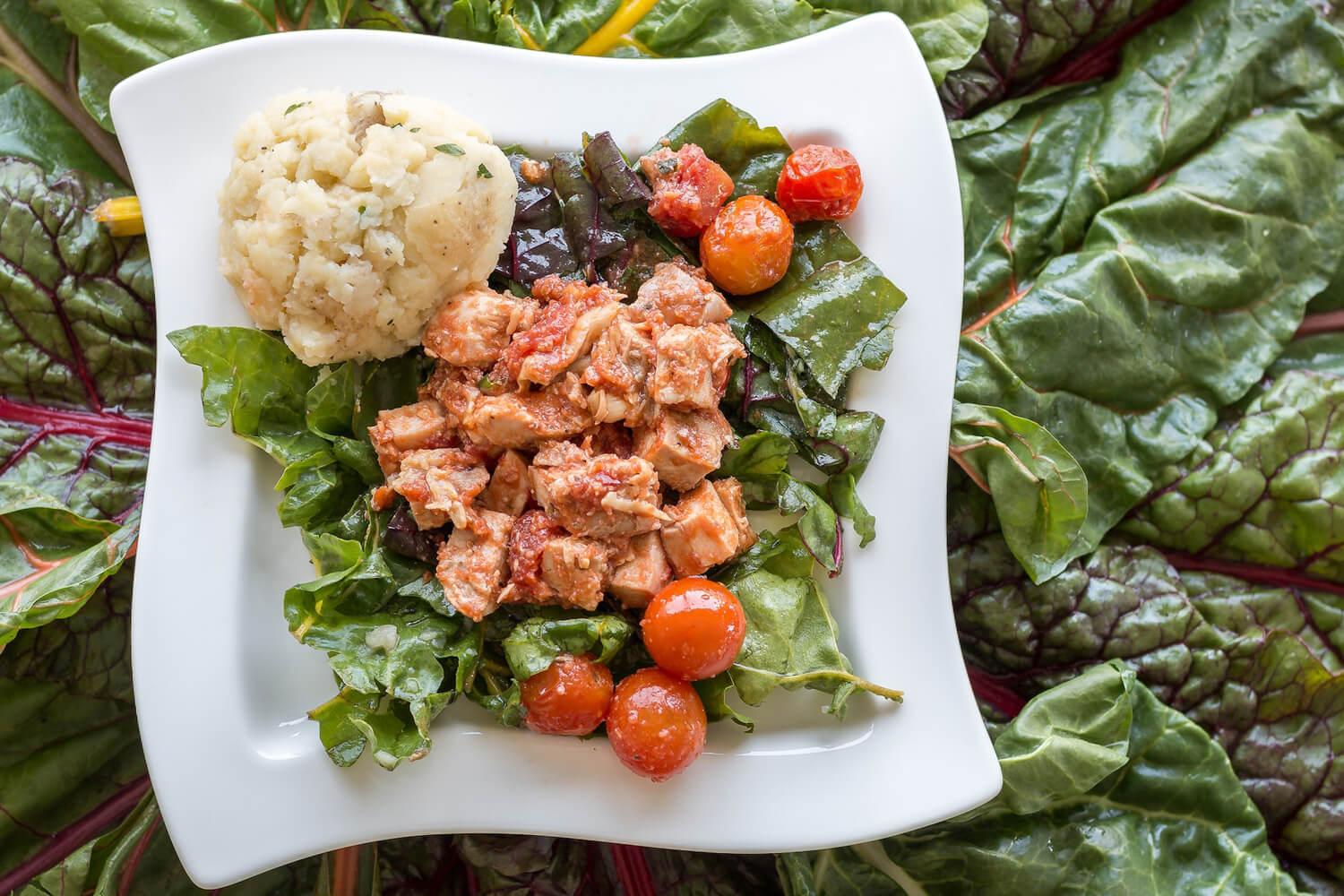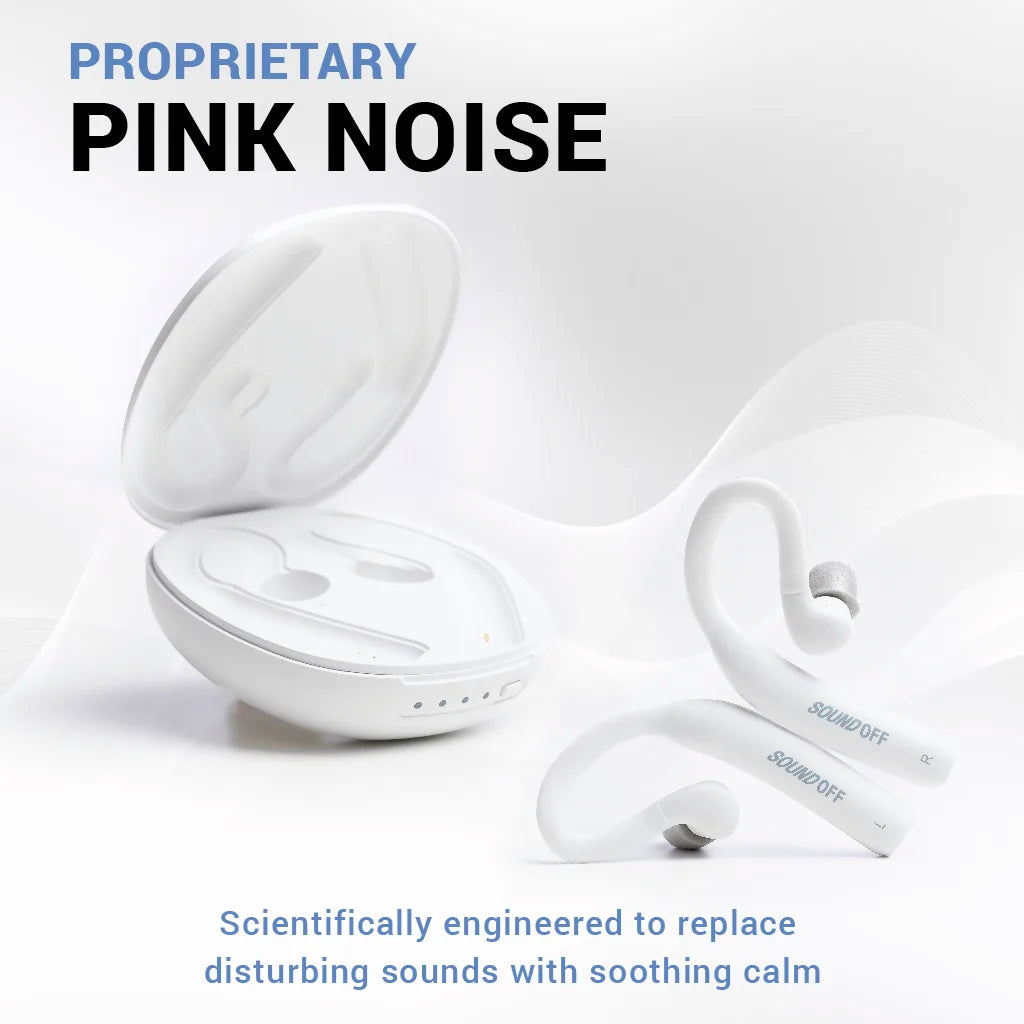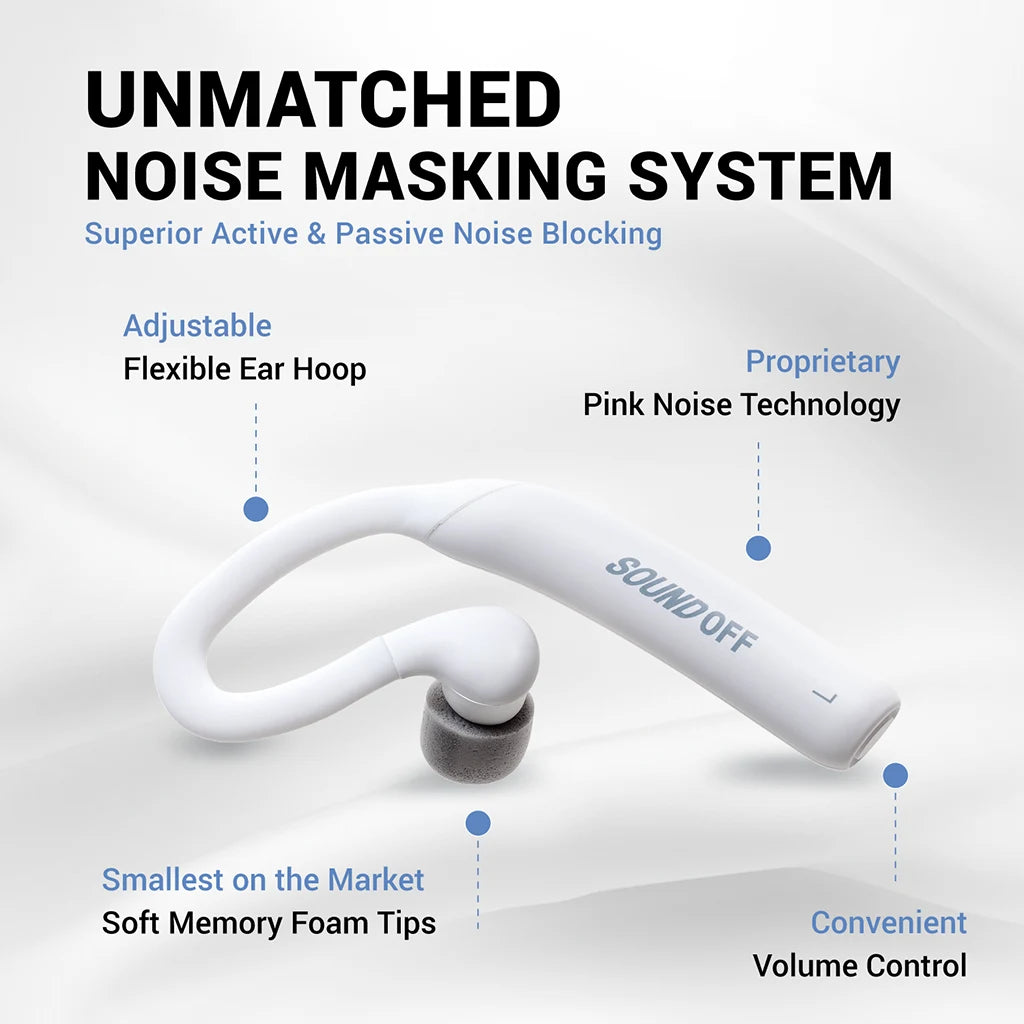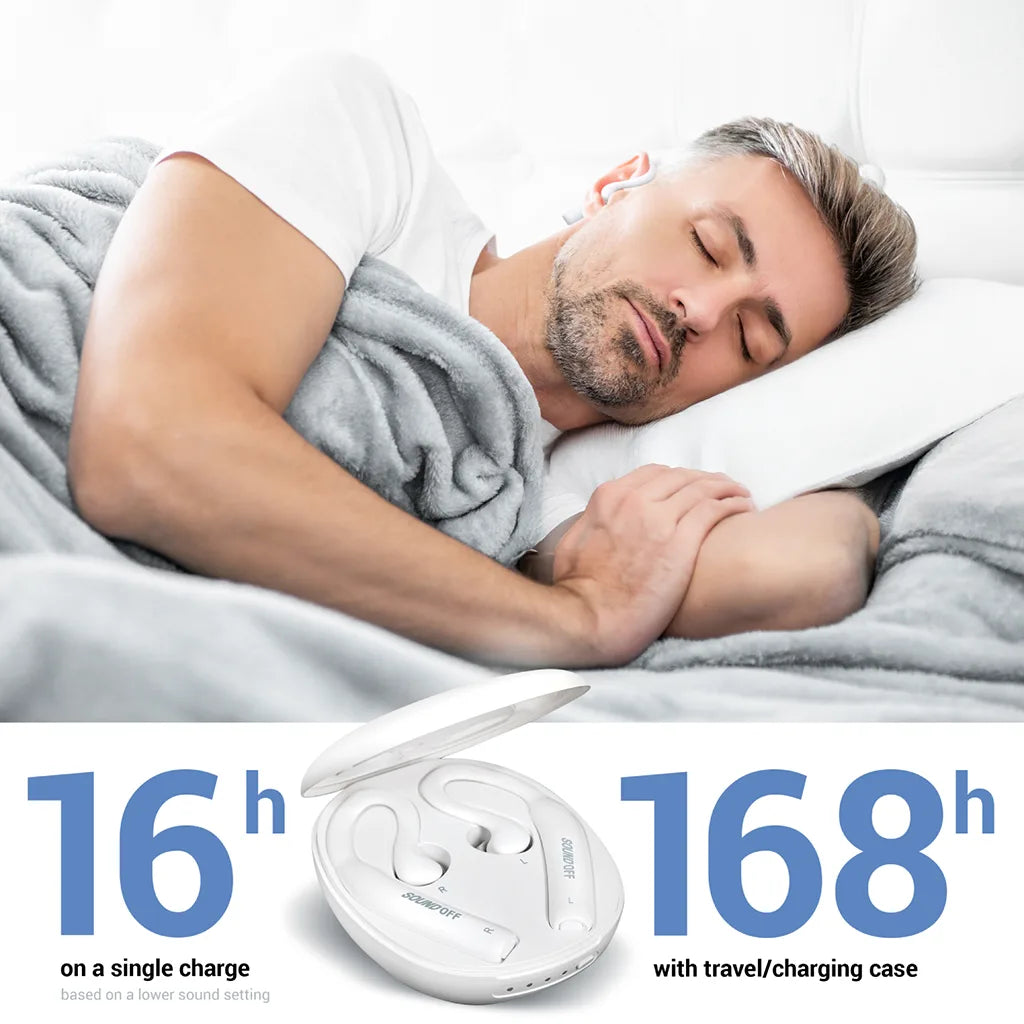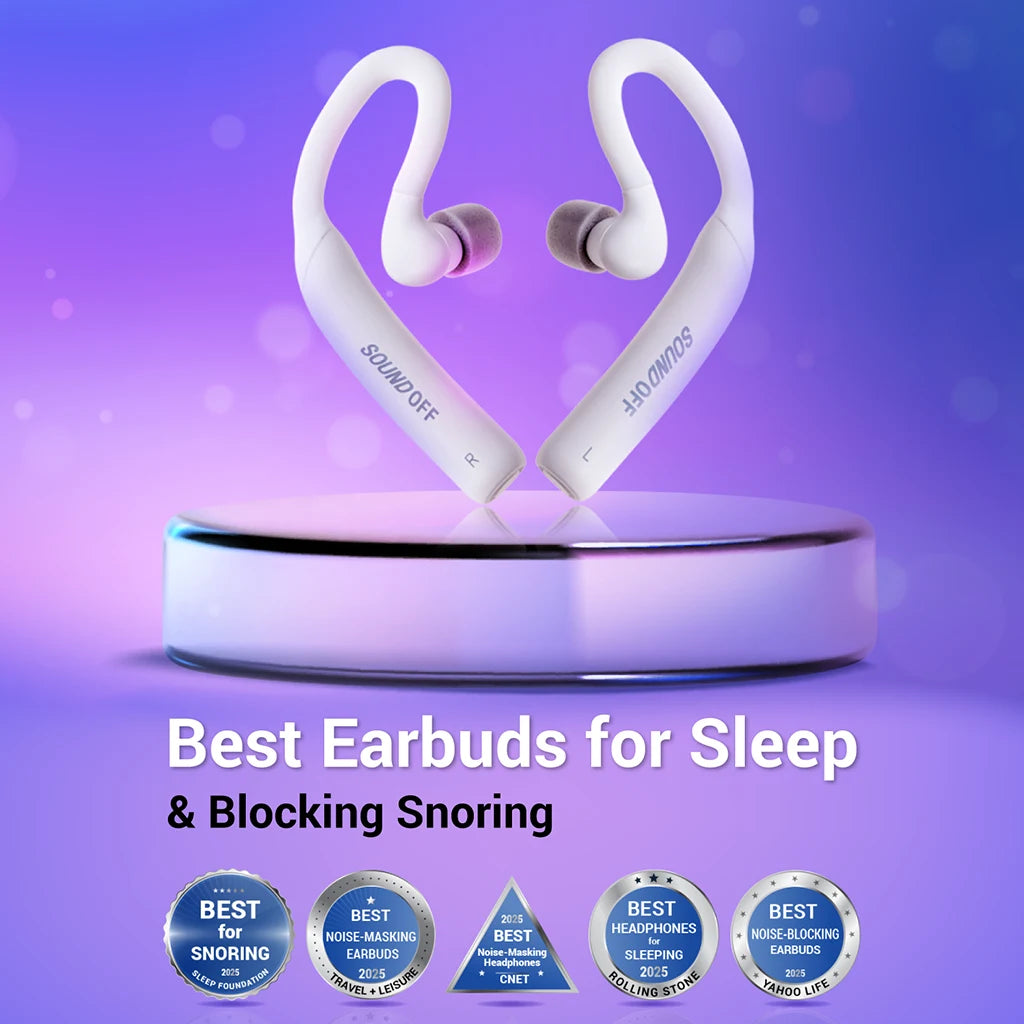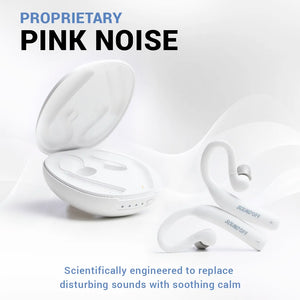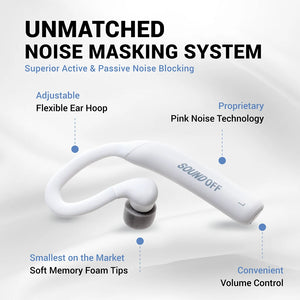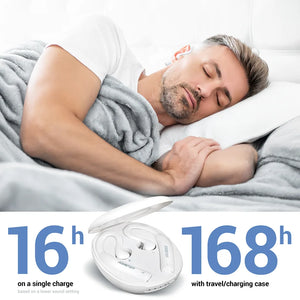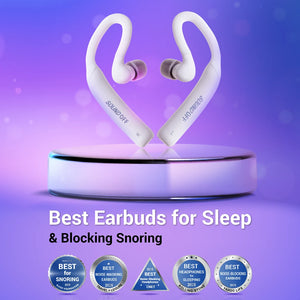
Introduction
In our quest for better sleep, we most recently covered the benefits of Exercise. Here, we’ll look at another of the Three Pillars of Health; Nutrition—and the role it plays in a good night’s sleep. Better sleep through nutrition isn’t a new concept. As far back as Hippocrates, foods, herbs, and minerals have been used to promote healing.
Food as medicine is becoming more mainstream for treating many diseases and disorders—treating sleep complaints through nutrition is a natural progression.
This holistic approach allows us to take more control over our sleep health without a lot of fuss—and in doing so, we improve our physical, mental, and emotional health. Additionally, many of us welcome a drug-free alternative to better sleep.
Insufficient sleep and nutrition
Research continues to show that adequate nutrition is essential to good sleep. Diets lacking in key nutrients are regularly associated with sleep problems from insomnia—to disrupted sleep—to OSA (obstructive sleep apnea). In turn, insufficient sleep has negative effects on diet and weight.
This is primarily due to the fact that you’re more likely to increase food consumption when you’re sleep deprived. More specifically, sleep deprivation leads to a tendency to choose foods high in calories—which in turn, leads to expanding waistlines. These negative sleep and weight effects quickly translate into a myriad of other health issues.
Better sleep through nutrition means making better choices. One of the most important choices you can make is to be mindful of your actions throughout the day. Make sleep a priority and all the other choices will come easier. Choose to eat healthier to see more positive outcomes.
Which foods are beneficial to sleep?
It must be noted that all food isn’t equal. Good nutrition comes from clean, whole foods. We must also remember that foods can lose a lot of their value in the preparation process—they just aren’t as beneficial to our bodies when we deep fry them—or add the wrong extras.
Case in point: Potatoes are naturally rich in complex carbohydrates and a variety of sleep-boosting vitamins, minerals and micronutrients. However, research indicates that regular consumption of fried potatoes can lead to increased depression and anxiety, as well as other health problems. Both depression and anxiety are notorious sleep deterrents—so, by frying the potatoes, we’re taking away benefits.
Even in their most wholesome form, some foods help us sleep and some actually keep us awake. We’ll take a look at both sides, so you know which types of foods to avoid in the hours before bed.
And we'll talk a bit about the obesity epidemic threatening our nation’s overall health and well-being.
Getting adequate sleep can help reduce your waistline—and losing weight can help you get a better night’s sleep. Before getting into the foods, let’s look at a specific class of sleep-promoting nutrients…
Micronutrients
We’ve known for a while that Macronutrients like carbohydrates and amino acids—particularly Tryptophan—positively affect our sleep patterns. For example, low carbohydrate intake has been shown to increase one’s percentage of deep sleep.
Macronutrients are effective in promoting better sleep as long as one steers clear of simple carbs like pastries and other sugary foods that tend to reduce one’s serotonin levels and interfere with sleep. Better choices include whole grain bread, cereals, and brown rice.
Until fairly recently, not much attention was paid to Micronutrientsand their contribution toward healthy sleep. Their benefits are significant, so we’ll cover them here…
What are micronutrients?
Micronutrients are vitamins and minerals our bodies require to perform essential functions including development, energy production and immune function. We don’t need them in large amounts—but when we fail to get enough of them, it creates health problems and disrupts our sleep patterns.
Micronutrients for boosting sleep
1—Melatonin:
This hormone typically tops the list of sleep nutrients. It is naturally produced in the pineal gland and provides a sedative effect as strong as a sleeping pill. Melatonin helps regulate your circadian clock—signaling you when to wind down for sleep and when it’s time to get up.
Melatonin aids in sleep onset—this helps one fall asleep faster and sleep longer—with fewer sleep interruptions.
Natural Melatonin production
Most healthy adults produce enough melatonin on their own. It is made from tryptophan, the amino acid found in foods we consume like milk and turkey. Melatonin is also available in supplement form—as well as through dietary sources.
Studies show those consuming a Mediterranean Diet sleep better. This is most likely due to the higher concentration of melatonin-packed fruits and vegetables. Our Western diets of refined carbs and saturated fats lack adequate melatonin. And that’s unfortunate for us health wise because Melatonin is also a powerful antioxidant and anti-inflammatory with immune boosting benefits.
The body’s natural production of melatonin gradually decreases with age. Boost your immunity as well as your sleep, by making it a point to consume the following foods. They will help you maintain your melatonin levels…

Food sources of melatonin:
- Barley, rice & oats
- Corn
- Eggs
- Fermented dairy
- Fish
- Grapes & strawberries
- Lean meats
- Milk
- Mushrooms
- Tart cherries
- Tomatoes
- Walnuts
2—Iron:
The importance of Iron for sleep
Americans, especially women, tend to be deficient to some degree in Iron. In fact, there are approximately 10 million of us in the US, including the 5 million with iron deficiency anemia. These numbers are growing; largely due to changing farming practices, eating less red meat, and increased consumption of processed foods.
Iron is involved in certain chemical processes in the brain which are linked to sleep physiology. One study showed 68% of those with iron deficiency anemia experience poor sleep:
- People depleted in iron have been shown to experience more awakenings and shorter sleep.
- Iron deficient people who increased their iron to normal levels are shown to sleep better and longer.
Another study showed 24% of those who are deficient in iron, experience Restless Leg Syndrome—this stunning number is nine times higher than what we see in the general population. Iron is an essential mineral for good sleep—start getting more of it in your diet to experience higher quality sleep.
Food sources of Iron:
- Beef
- Broccoli
- Chicken
- Chickpeas
- Dried Fruit
- Fortified cereals
- Lentils
- Nuts
- Oats
- Oysters
- Sardines
- Spinach
- Tofu
- White beans
3 oz. of sardines provides 11% DV of Iron –they are also high in Magnesium.

When to take Iron: An Iron supplement is usually taken on an empty stomach an hour before a meal—with orange juice or another drink containing added Vitamin C. But this may change depending on your personal factors including other medications or supplements you’re already taking. Be sure you’re getting advice on supplements from your doctor.
3—Zinc:
How Zinc supports sleep
Zinc helps you get your Zzz's by decreasing the time it takes to fall asleep—and, by increasing both sleep duration and sleep efficiency.

Food sources for Zinc:
- Almonds
- Beans
- Cashews
- Eggs
- Kale
- Mushrooms
- Peanut Butter
- Pine nuts
- Pomegranates
- Oysters
- Poultry
- Red Meat
When to take Zinc: Zinc supplements are most effective when you take them 1-2 hours before or after meals—unless they cause stomach upset—then it’s okay to take them with a meal. You should not take Zinc at the same time as other vitamins. Note: Your doctor should be advised if you are taking Zinc with your meals as taking it with food affects your body’s ability to absorb it.
4—Omega-3 Fatty Acids:
How Omega-3’s improve sleep
Studies link consumption of this healthy fat to improved sleep quality and duration. This is because they:
- Reduce inflammation
- Improve circadian timing
- Lessen nighttime awakenings
Research shows people with the most omega-3s in their diets have healthier sleep patterns. Unfortunately, our bodies don’t produce Omega-3's, but you can get them through supplements and diet:
Food sources of Omega-3 fatty acids:
- Avocados
- Canola oil
- Cheddar cheese
- Chia seeds
- Eggs
- Flaxseeds
- Salmon
- Sardines
- Tuna
- Walnuts

In addition to Omega-3’s, Avocados are a good source of vitamins B6, Cand E—as well as potassium and magnesium.
What's the best source of Omega-3's for better sleep?
According to sleep expert, Michael Breus, PhD, fatty fish is particularly good for improving sleep due to the fact that it also contains vitamin D, as well as tryptophan which the body converts to melatonin. Make sure to incorporate more fatty fish in your diet!
5—Key Sleep-Promoting Vitamins:
Vitamin D
40% of Americans are deficient in vitamin D, which is concerning. This vitamin helps keep our sleep-wake cycles aligned. Low blood serum levels of vitamin D are linked to daytime drowsiness, fewer sleep hours, and overall poor-quality sleep. Lower D levels are also believed to put you at higher risk for Sleep Apnea. The best source of vitamin D is through UV levels—get outside and soak up some sun—20 minutes of sunshine a day will make a big difference. Then, be sure to pack your diet with high-D nutrients…
Food sources of vitamin D:
- Canned Tuna
- Cod Liver Oil
- Cow’s milk
- Egg Yolks
- Fortified Cereals
- Herring and Sardines
- Mushrooms
- Orange juice
- Plant-based milks
- Trout and salmon

Though vitamin D supplements in appropriate doses are generally safe, too much can be harmful. It’s best to consult your doctor for guidance when starting a supplement.
When to take vitamin D:While having low levels of vitamin D disrupts sleep, vitamin D supplements should not be taken at night. There is some evidence that it can suppress melatonin production. It works best when taken early in the day with a full meal—preferably some Omega-3 fats, as it’s a fat-soluble vitamin.
B Vitamins
Vitamin B6 aids in production of serotonin and melatonin which support restorative sleep, as well as mood. Lack of B6 can result in both Insomnia, and Depression. While these two conditions might seem far apart, 75% of people with depression also have insomnia symptoms.
*It’s important to note: Studies have linked excessive levels of Vitamin B6 to Insomnia. Supplementing B6 should only be done under a doctor’s recommendation, but these healthy foods can help you get the Vitamin B6 you need…
Food sources of vitamin B6:
- Bananas
- Beef liver
- Carrots
- Cheese
- Eggs
- Fish
- Milk
- Potatoes
- Spinach
- Whole grains

Bread made from whole or sprouted grains contains more nutrients: vitamins & minerals + protein and fiber=better sleep.
Vitamin B12studies have shown this vitamin aids sleep-wake cycle maintenance by helping sync circadian rhythms. While its effects on sleep length and sleep disruptions are unclear and need further study, we do know severe B12 deficiency is linked to hypersomnia, a medical condition associated with excessive tiredness during the day and sleeping longer at night.
Food sources of vitamin B12:
- Apples
- Bananas
- Beetroot
- Blueberries
- Eggs
- Dairy
- Fish
- Mango
- Meat
- Nutritional yeasts
- Shellfish

More study is needed when it comes to the effects of B12 on sleep. It is thought, however, that Vitamin B12 is specifically effective for those suffering from sleep-wake disruptions and those experiencing symptoms of depression.
Vitamin A
Vitamin A works with our eyes to signal us when it’s time for sleep. Basically, it translates the blue light that enters our eyes through sunshine into a signal that tells our brain it is nighttime. In this way, it helps maintain our circadian rhythm by helping us fall asleep on time.
Food sources of Vitamin A
- Cheese
- Eggs
- Fish
- Fruits
- Leafy greens
- Liver
- Orange & Yellow vegetables
- Oysters
- Tomato products
- Whole milk
- Yogurt

The highest concentrations of Vitamin A from food sources come from liver, fish, eggs and dairy products.
Vitamin C
Low Vitamin C levels are know to reduce both sleep duration and sleep quality. Higher levels of vitamin C, however, relieve movement disorders like RLS, and reduce the number of breathing interruptions for OSA sufferers.
Food sources of Vitamin C:
- Cantaloupe
- Citrus fruits
- Cruciferous vegetables
- Kiwifruit
- Red and Green peppers
- Strawberries
- Tomatoes
- White Potatoes

Vitamin E
The immune-boosting properties of Vitamin E help fight illness and this in turn aids sleep. Vitamin E also protects against the memory loss connected to insufficient sleep and helps prevent sleep apnea.
In addition, it has been shown that a 1-month vitamin E prescription can improve sleep quality and reduce sedative use in postmenopausal women suffering from chronic insomnia.
Food Sources of Vitamin E:
- Almonds
- Avocado
- Beet greens
- Collard greens
- Peanut Butter
- Pine nuts
- Plant-based oils
- Pumpkin
- Rainbow trout
- Red Bell pepper
- Salmon
- Sunflower seeds

You can get about 18% of your daily value of Vitamin E in a two-tablespoon serving of peanut butter.
In addition to providing its own benefits, Vitamin E also protects and promotes the effects Omega 3’s have on your body.
When to take Vitamin E:Because it is fat-soluble, take it with a meal containing enough fat to absorb the supplement—taking it after lunch will allow plenty of time for good absorption.
Getting an adequate supply of sleep-promoting vitamins is easy when we maintain a diverse diet of wholesome, unprocessed foods. Make sure to be consistent in your food choices—and get out in the sunshine for your daily dose of Vitamin D!
6—Magnesium:
The National Institutes of Health tell us 48% of Americans don’t get enough Magnesium which is a big problem when it comes to our sleep. This is partially because a deficiency in this mineral is associated with mood disorders including anxiety and depression. These conditions can make it difficult—if not impossible—to get adequate sleep.
How Magnesium boosts sleep
- It calms you. Considered an anxiolytic, Magnesium prevents and treats anxiety so your body can relax and fall asleep naturally.
- Magnesium regulates circadian rhythms; helping you fall asleep faster and stay asleep longer.
- Adequate Magnesium has been associated with increased slow-wave sleep.
The deeper, restorative sleep, we gain by maintaining healthy Magnesium levels is essential to immune function and muscle repair.
Food sources of Magnesium
- Almonds, Cashews and Peanuts
- Avocados
- Bananas
- Black Beans
- Chia and Pumpkin Seeds
- Dark Chocolate
- Edamame
- Fortified Cereals
- Legumes
- Potatoes
- Spinach
- Yogurt

Risk factors for Magnesium deficiency
Older adults are at higher risk for low Magnesium. These health conditions also put you at risk:
- Alcohol abuse disorder
- Gastrointestinal disorders
- Type 2 Diabetes.
Studies have shown a Magnesium supplement can lead to fewer early morning awakenings as well as deeper sleep. As with other supplements, you should always consult your doctor to make sure you’re taking the proper dosage.
Learn more about the benefits of Magnesium in this helpful Magnesium Guide provided by the NIH.
When to take Magnesium for sleep: Naoki Umeda, M.D. of the Cleveland Clinic says you should take Magnesium about 30 minutes before bedtime. Dr. Umeda also reminds that taking more than the recommended dose won’t help you sleep better—but it may result in an upset stomach.
Too much of a good thing
Medical News Today reports additional side effects from overdoing your Magnesium supplementation. They may range from mild to severe and include:
- Breathing difficulties
- Depression
- Irregular heartbeat
- Lethargy
- Low blood pressure
- Muscle weakness
- Urine retention
- Vomiting
It isn't common, however, to find too-high magnesium levels in the blood of healthy people. It is more likely to be found in those with kidney disease. This is because healthy kidneys remove excess magnesium from the body and people with renal problems are more likely to absorb too much Magnesium.
That said, supplements are meant to help improve nutritional deficiencies over time. Don’t overdo your regimen in the quest for instant gratification. Fact is, more is not always better—and this applies to all of your supplements—not just Magnesium. Nuff said.
Why we need to improve our nutrition
Myriad conditions can be linked to poor nutrition. This Institute for Health Metrics and Evaluation article cites one study finding poor diets responsible for more deaths globally than high blood pressure or tobacco. And goes on to say poor nutrition accounts for 1-in-5 deaths globally.
That study reflects diets high in sodium, and low in wholegrains, vegetables, fruits, nuts and seeds are primarily responsible for the mortality rates.
The global Obesity concern
Obesity is one of the biggest health problems worldwide. And one of those problems is poor quality sleep. According to the CDC, approximately 74% of adults are overweight including 43% who are obese. These individuals are also at greater risk for other health issues including:
- Breathing issues including Asthma and Sleep Apnea
- Digestive Problems
- Gallbladder Disease
- High Blood Pressure and High Cholesterol which lead to Heart Disease
- Type 2 Diabetes
- Anxiety and Depression
Obesity is generally the result of combined factors including: genes, diet, inactivity and other lifestyle factors, and use of certain drugs. In these scenarios, the body consumes more calories than needed and the pounds start to pile on.
Losing just 5-10% of those extra pounds makes a difference when it comes to weight-related conditions. Managing the weight-loss requires not only better food choices but increased physical exercise and eating at the right times. Only then will we see benefits applied to our sleep patterns.
What you should eat for better sleep:
- Complex carbohydrates including cereals, brown rice and wholegrain breads
- Healthy Fat (unsaturated) which boosts your serotonin levels, like nuts and peanut butter
- Lean Proteins high in tryptophan such as egg whites, chicken, fish, and low-fat cheese
- Magnesium-rich foods like avocados, black beans, nuts and spinach
- Beverages like warm spiced milk or herbal teas like chamomile or lavender
- Calming herbs that reduce tension such as basil and sage
Sleep better by avoiding these foods at night:
- Simple carbohydrates which reduce serotonin levels and disrupt sleep. These include refined grain breads, sweets like cookies and other sugary pastries, pastas, white rice, sodas, juices and some yogurts
- Trans fats (saturated) which reduce serotonin like potato chips, french fries, mozzarella sticks and donuts
- High-fat cheeses, chicken wings, deep fried fish and other foods that take longer to digest
- Sleep disrupting beverages like alcohol and anything even slightly caffeinated
- Herbs and spices that stimulate you and impede sleep like red or black pepper
Crafting the right diet
An NIH study compared three commercial weight-loss plans and found they failed to provide up to 90% of essential Micronutrients. As you construct your plan for better sleep through nutrition, be sure to keep the above list of Micronutrients top of mind—you’ll find thisGuide handy for more in-depth study of Micronutrient benefits.
If your plan for better nutrition includes weight-loss goals, use these tips to get the best results:
- Eat a healthy breakfast that aligns with your Chronotype.
- Reduce your overall daily calorie intake.
- Increase consumption of lean protein.
- Eat more fruits and vegetables.
- Increase your physical activity—10 minutes is better than none,
- Limit snack size and frequency—avoid snacking late at night.
As we’ve learned along the way, consistency is key. Doing the same things at the same times each day helps us set better habits and stick to them. Establish goals and milestones and allow yourself to work up to where you want to be.
Record your goals and accomplishments in your Journal—this helps keep you on track—it's also helpful if you need to consult a doctor or trainer...
Be open to coaching
Always remember, it’s okay to ask for help. Going it alone isn’t always the best option—especially if we’re not seeing results as quickly as we want.
One last tip…
5 Superfoods for better sleep
Incorporate at least one of these 5 superfoods into your diet this week for better sleep:
- Almonds or Walnuts—for a stress-reducing, sleep-boosting dose of Magnesium and Melatonin
- Broccoli—to boost fiber in your diet and increase time spent in the restorative phases of sleep. You’ll also get an Iron boost to calm any nervous system disorders like Restless Leg Syndrome
- Chickpeas—because they help regulate blood sugar levels and that helps maintain restful sleep cycles. They’re also high in Iron to help you sleep better longer
- Fatty Fish—to up your intake of Omega-3’s and Vitamin D. If you can’t eat fish—or simply don’t enjoy it—opt for avocados, eggs, or mushrooms
- Greek Yogurt—it’s rich in GABA, the amino acid that relaxes you so you can sleep better. Be sure to choose one that has no sugar added.
Well, all this food talk has made me hungry so it’s time for lunch. In the next post we’ll be covering gut health and how it affects our sleep. Hope to see you there!
Wishing you awesome sleep—all night, every night...

Do bothersome sounds like snoring keep you up at night? Does your racing mind prevent you from relaxing and falling asleep? Give our noise masking earbudsa try! They play a soothing pink noise guaranteed to block disruptive sounds and calm your racing thoughts—so you can get your best sleep ever!

